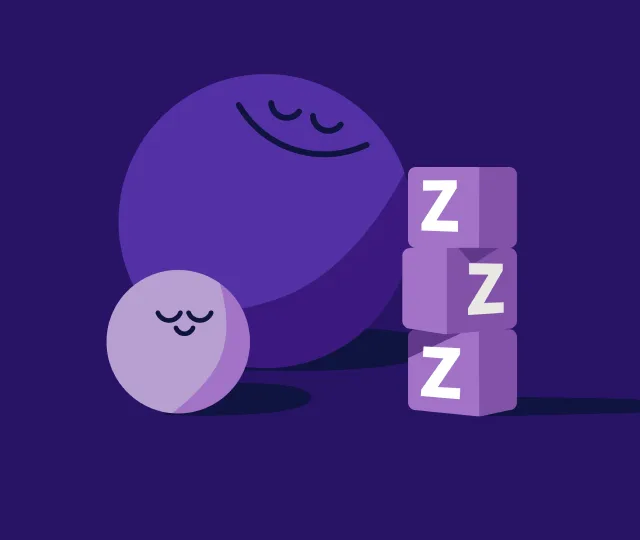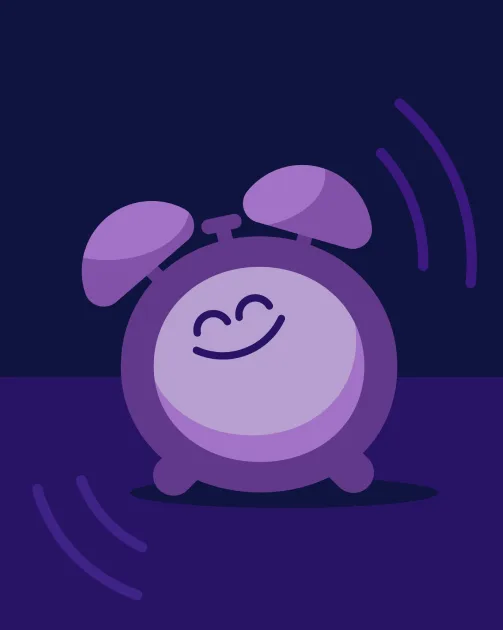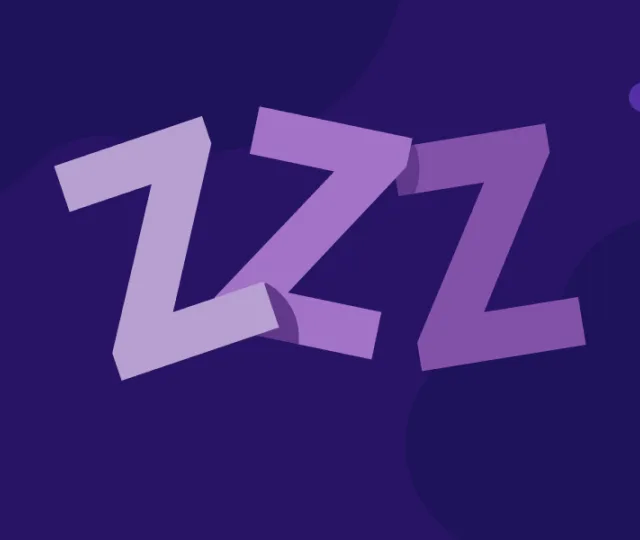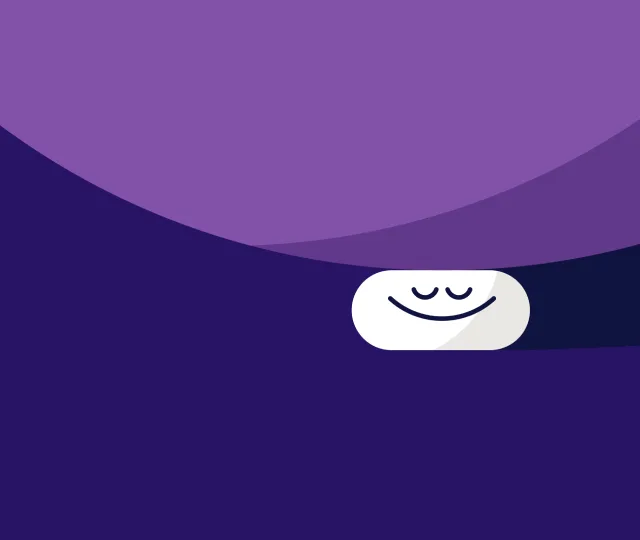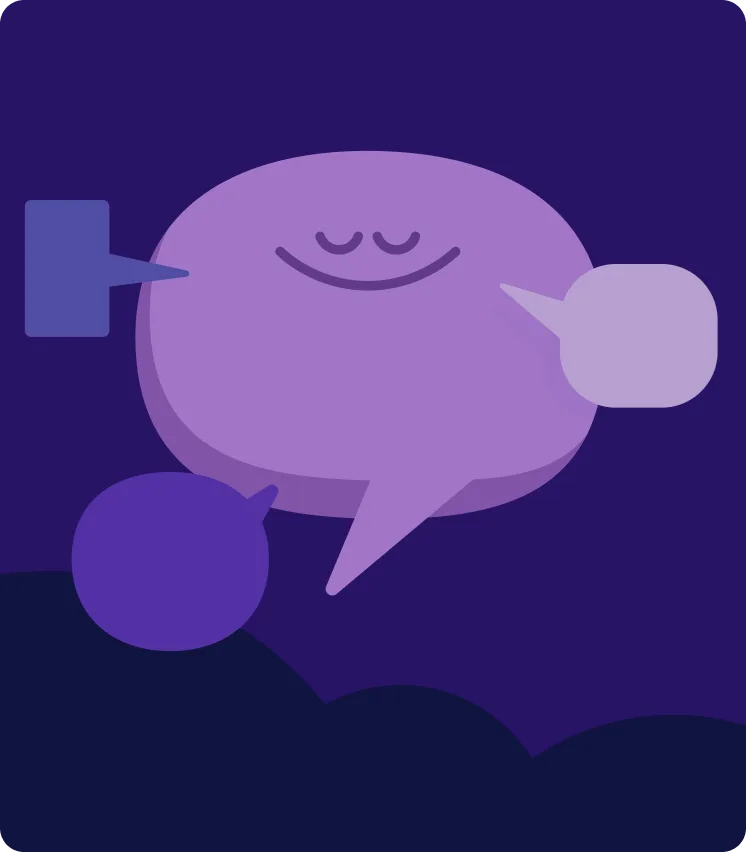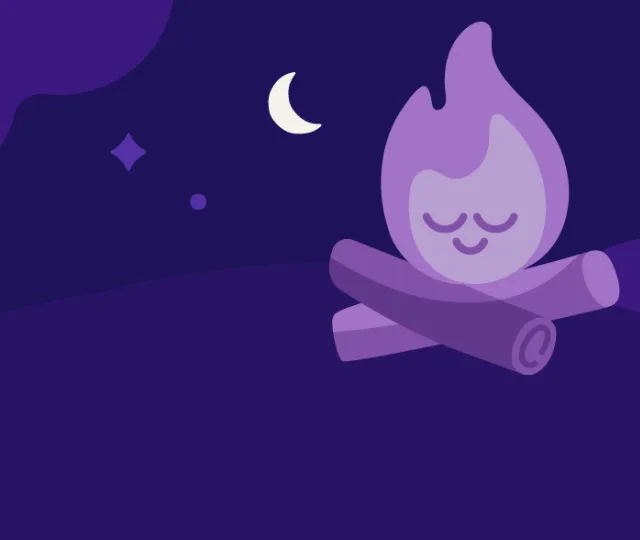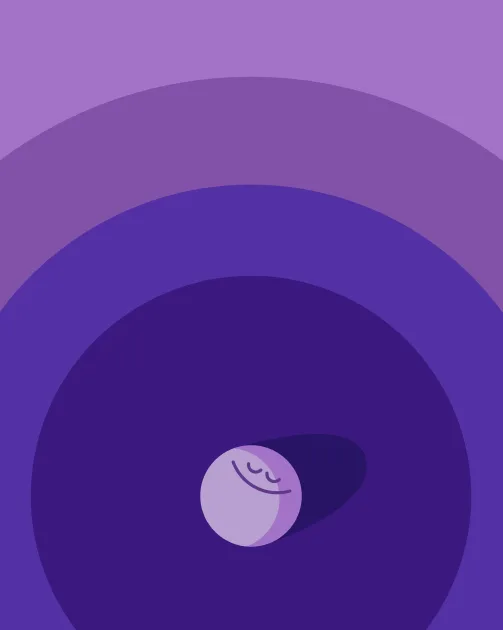Ambient sounds
By Your Headspace Mindfulness & Meditation Experts
Apr 14, 2021
Some people need complete silence in order to get a good night’s sleep. Others find that ambient sounds, a.k.a. soothing background noise, can help them decompress, so they can fall asleep and sleep soundly throughout the night.
Wondering if ambient noise can help create the perfect conditions for a restful sleep? Read on to learn why it can be so beneficial — and how to find the most effective sounds for a peaceful night’s sleep.
What is ambient noise?
Ambient noise is steady, low-frequency background noise. Many people find it promotes restful sleep by drowning out other sounds. Ambient noise can be anything from soothing natural sounds — rainfall, thunder, crickets, or birds — to comforting, basic sounds — voices murmuring in a coffee shop, wind chimes, or gentle music. Even a fan or air purifier can be a relaxing backdrop, setting the scene for a restful night’s sleep.
How ambient sounds promote healthy sleep
More than a third of American adults aren’t getting enough sleep on a regular basis, according to a 2016 study from the Centers for Disease Control and Prevention (CDC). What’s more, a study published in the Journal of Psychiatric Researc) found that 35 percent of the general population deals with middle-of-the night restlessness at least three nights a week; and 23 percent wake up at least once every night.
Sleep deprivation can lead to a whole host of health problems — everything from heart disease and diabetes to impairments in short- and long-term memory and decision-making. Alternatively, increased and better sleep can have positive effects on health, including lowering levels of stress, improving mental clarity and memory, and reducing the risk of Alzheimer’s.
It’s no wonder then that many people are motivated to find effective sleep aids to help them fall asleep — and stay asleep. And this is where ambient noise can help.
Ambient noise is a natural sleep aid that can be effective in helping you to relax, making it easier to fall asleep and sleep more soundly.
How exactly?
It makes sense when you consider that even when you’re asleep, your brain is still sensitive to noise, actively registering and processing sounds, according to the National Sleep Foundation. That’s why common nighttime noises, like a car horn or a barking dog, can be so disruptive. While sleeping, these sounds can cause you to move, shift between stages of sleep, experience a change in heart rate and blood pressure, or even wake up.
Your reaction to noise depends on whether you’re a sound or a light sleeper, as well as your personal emotions toward a specific noise. For example, many people may be accustomed (and, therefore, impervious) to a partner’s snoring, but wake fully if their child is crying.
Ambient noise is a baseline of sound that creates a masking effect, reducing the difference between background sounds and more distracting sounds. This can be particularly beneficial for people who can’t fall asleep or are easily awakened during the night. And because ambient noise is steady but still has subtle variation, it occupies the mind just enough to take their mind off the events of the day, but not so much that it keeps them awake — which is important when you’re trying to catch some Zzzs.
What’s more, many people find certain ambient sounds to be soothing, helping to calm their busy minds and ease the transition from daytime to night. For example, one generalized study that did not use Headspace found that natural sounds help promote relaxation by positively affecting the autonomic nervous system.
Of course, the best ambient background noise to fall asleep to is ultimately whatever sound you personally like best: a sound that is irritating to one person may be pleasant to someone else. Your particular preferences will help determine the effectiveness of specific ambient sounds in helping to create a tranquil atmosphere and improving your sleep.
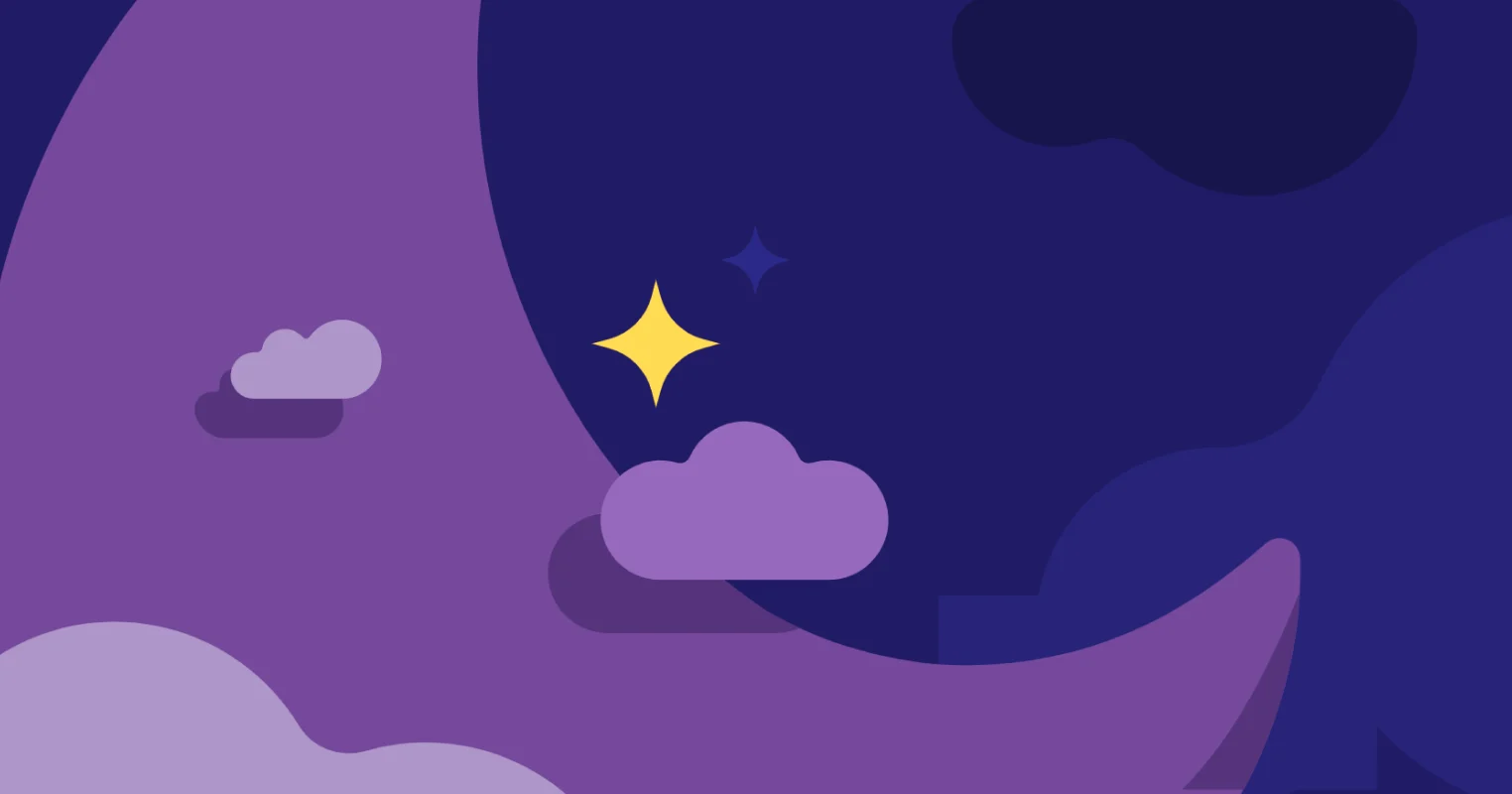
Ambient sounds to try
Headspace offers a variety of sleep music, or meditative sounds and ambient background music to help create the right conditions for healthy, restful sleep. There are tons to choose from: some use repeated harmonies to create a tranquil atmosphere; others use a combination of live instruments and nature sounds to produce a pleasant, immersive experience.
Whether you prefer the sound of rainfall accompanied by organ music, or ocean waves fused with a clarinet and cello, there’s something for everyone to disengage from your hectic day and calm the mind and body in preparation for a better sleep.
Additionally, Headspace offers more classic ways to wind down at night. Guided sleep meditations allow us to let go of the day and rest the body and mind at the same time. Or sleepcasts, a new kind of bedtime story, provide soothing narration made to transport you to a dreamy environment — such as a desert campfire or a sleepy town at night.
Best of all, the sleepcast experience is reshuffled each night, so you can come back to your favorite one over and over again without inadvertently memorizing the narrative and using it to track the passage of time (which can cause anxiety for some restless sleepers). Whichever ambient audio you choose, you can rest easy knowing that it's exactly the balance of soothing sound without too much variation, to help you fall asleep — and keep you asleep.


Sleep made simple
- Find your perfect bedtime routine with hours of relaxing music, sounds, and stories to choose from
- Get more restful sleep with our Sleep Health course: exercises developed with leading sleep scientists
- Feel your best from morning to bedtime with access to hundreds of stress-relieving meditations
Annual - billed at $69.99 USD/yr
14 days free
$5.83 USD/month
Monthly Plan
$12.99 USD/mo
Billed monthly


Stay in the loop
Be the first to get updates on our latest content, special offers, and new features.
By signing up, you’re agreeing to receive marketing emails from Headspace. You can unsubscribe at any time. For more details, check out our Privacy Policy.
- © 2025 Headspace Inc.
- Terms & conditions
- Privacy policy
- Consumer Health Data
- Your privacy choices
- CA Privacy Notice
